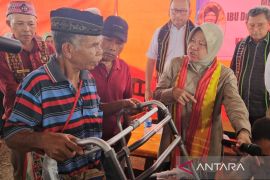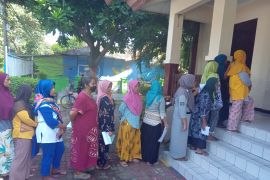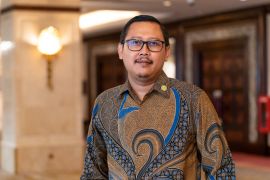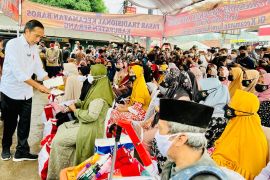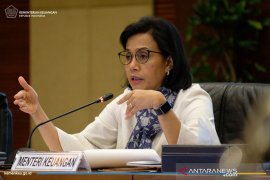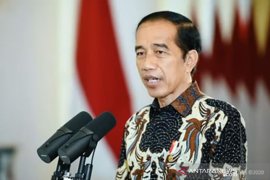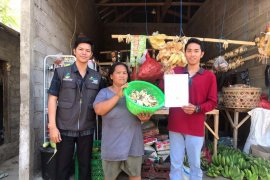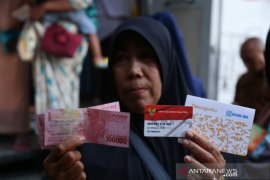"We are optimistic that the number of poor families will continue to decline in the years to come," Khofifah said, in a statement here on Tuesday.
Data from the Central Bureau of Statistic (BPS) showed that as of September 2016, the number of poor families with monthly spending per capita below the poverty line in Indonesia has reached 27.76 million people (10.70 percent of the population), down 0.25 million people compared to March 2016, which had set the number at 28.01 million people (10.86 percent).
The number of poor families in urban areas has been set at 7.79 percent of the population, as of March 2016, and declined to 7.73 percent as of September.
The number of poor people in rural areas has declined from 14.11 percent to 13.96 percent during the same period.
"It means there is a decreasing number of poor families in Indonesia of some 250,000 people. The BPS data would be used as a reference for other ministries and regional administrations," she said.
BPS data in March 2016 showed that the number of poor families in Indonesia reached 28.01 million, or 10.86 percent, a decrease from the September 2015 record of 28.51 million, or 11.13 percent.
Khofifah said that under the program, some 600,000 families have escaped from poverty and become more prosperous. They would next be referred to other empowerment programs.
The government has intensified its effort to alleviate poverty throughout the country by integrating its social assistance program and subsidy within the one Prosperous Family Card (KKS).
The card could function as e-money and a bank account to save social assistance from PKH, food assistance, the subsidy for 3 kg LPG and the electricity subsidy, distributed in cooperation with the State-owned Banks Association (Himbara).
"There are six million families that receive PKH assistance in Indonesia. This year, three million families are targeted for swift to non-cash social assistance," she added.
Meanwhile, Director General of Social Security and Protection Harry Hikmat said the benefit of PKH in alleviating poverty and inequality would be perceived if it is integrated with other social assistance programs.
Previously, President Joko Widodo said the government planned to integrate an energy subsidy into a social safety net program, to increase efficiency, through the Prosperous Family Card (KKS).
Further, Harry said the PKH program is expected to help in reducing poverty, in accordance with the target set in the national medium-term development planning, to seven or eight percent of the population, and the declining Gini ratio to 0.36 percent by 2019.(*)
Editor: Heru Purwanto
Copyright © ANTARA 2017
